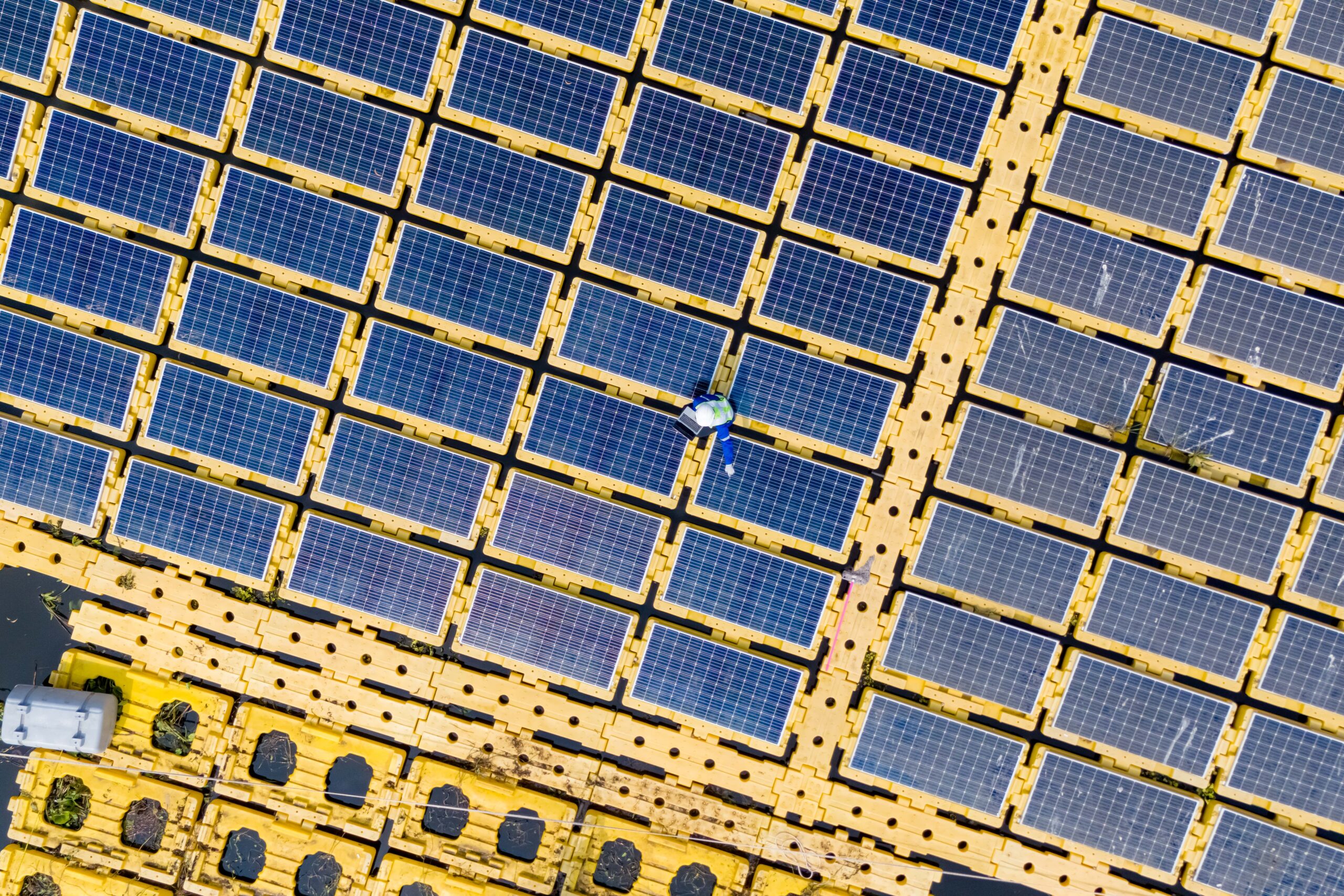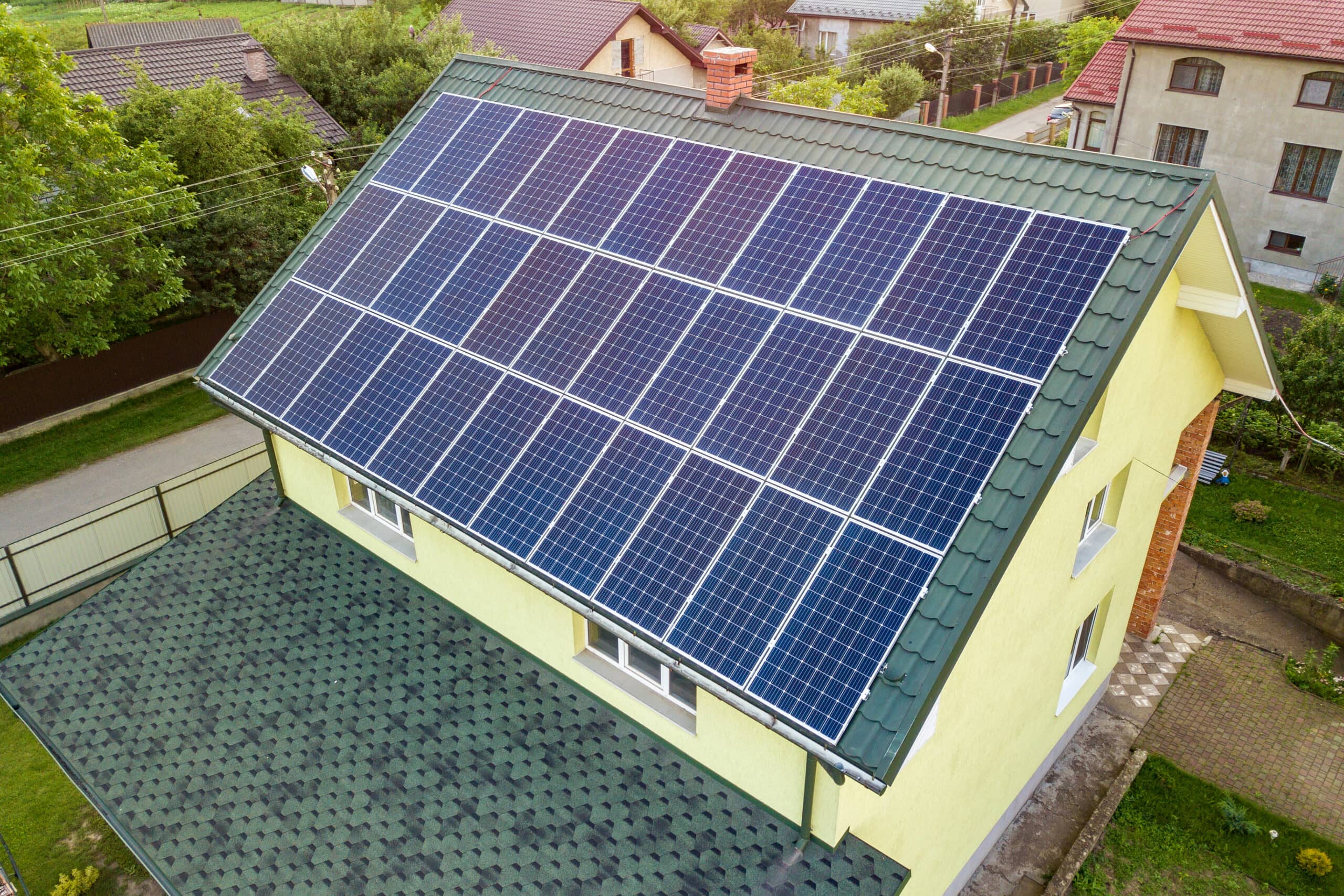As the world increasingly turns its focus towards renewable energy sources, solar power emerges as a prominent solution for sustainable electricity generation. One of the key incentives driving the adoption of solar energy is the availability of solar rebates, which provide financial incentives to individuals and businesses investing in solar technology.
In this article, we will analyze the landscape of solar rebates in Canada. By examining the rebate programs, eligibility criteria, and benefits offered, we aim to provide a detailed insight into the feasibility and advantages of solar panel installations in Canada. Let’s get into the opportunities and incentives awaiting those considering solar energy investments in Canada.
Solar Panel Rebates in Canada
In Canada, there are federal and provincial-level incentives to encourage the adoption of solar energy. At the federal level, programs like the Greener Homes Program, which offers 0% interest financing over 10 years, for homeowners and businesses who install solar panels. This helps offset the upfront costs and makes solar more accessible.
Moving on to the provincial level, each province has its own set of rebates and incentives. These programs can vary in terms of eligibility criteria, funding amounts, and types of support offered. Some provinces offer cash rebates, while others have performance-based incentives or grants. It’s important to research the specific programs available in your province to understand the details and requirements.
Solar rebates for Canadian residents and businesses make solar installations more affordable by reducing the initial investment. This financial support can help offset the costs and provide a quicker return on investment. Additionally, going solar can lead to long-term savings on electricity bills, as you’ll be generating your own clean and renewable energy.
It is crucial to note that rebate programs between provinces can differ significantly. The availability and extent of rebates depend on the policies and budget allocations of each province. Some provinces may have more generous incentives, while others may have more limited programs. It’s advisable to explore the specific rebate programs in your province to understand the details and potential savings.
Impact of Solar Rebates
Rebates play a crucial role in making solar installations more affordable for homeowners and businesses. By reducing the upfront costs, they help to bridge the gap between the initial investment and the long-term savings from solar energy. This affordability factor encourages more people to consider going solar, leading to increased adoption rates.
Studies have shown that solar rebates can have a significant impact on adoption rates. For example, in certain regions where generous rebate programs are in place, we’ve seen a surge in the number of solar installations. These programs have made it more financially feasible for people to embrace solar energy, resulting in a positive shift towards renewable power sources.
Moreover, the environmental benefits associated with increased solar adoption due to rebates are remarkable. By transitioning to solar energy, individuals and businesses can reduce their reliance on fossil fuels and decrease greenhouse gas emissions. This helps combat climate change and promotes a cleaner and more sustainable future for all.
However, it’s important to note that relying solely on rebates for solar incentives does have its challenges and limitations. One challenge is the availability and consistency of funding for rebate programs. Sometimes, the budget allocated for rebates may fluctuate or even run out, which can create uncertainty for those considering solar installations.
Additionally, rebate programs may not be accessible to everyone. Eligibility criteria and requirements can vary, which means that some individuals or businesses may not qualify for the rebates. This can limit the reach and impact of these programs, especially for low-income households or smaller businesses.
Overall, solar rebates have proven to be an effective tool in driving solar energy adoption. They contribute to the affordability of solar installations, showcase positive case studies, and bring about environmental benefits. However, it’s important to address the challenges and limitations to ensure a more inclusive and sustainable transition to solar energy.
Future Outlook and Trends
In terms of political and economic factors, changes in government policies and priorities can have an impact on rebate programs. For example, if there is a shift towards more renewable energy initiatives and a stronger focus on combating climate change, we may see an increase in funding and support for solar rebates. On the other hand, economic downturns or budget constraints could potentially affect the availability and generosity of rebate programs.
There is a move towards more performance-based incentives when it comes to emerging trends. Instead of simply providing upfront rebates, some programs are shifting towards rewarding solar installations based on their energy production or efficiency. This approach encourages higher quality installations and ensures that incentives are aligned with actual energy generation.
In terms of innovations and developments, advancements in technology and energy storage could impact the effectiveness of rebates. As solar panel efficiency improves and energy storage becomes more affordable and accessible, the overall cost of solar installations may decrease. This could potentially reduce the need for large rebates, as the upfront costs become more manageable.
It’s worth noting that these predictions and trends may vary between countries, as each has its own unique political, economic, and environmental landscape. It’s always a good idea to stay informed about local policies and initiatives to get a clearer picture of the future of solar rebates in your specific area.
Comparison of Solar Rebates In Canada
In Canada, solar rebate amounts, and eligibility criteria can vary by province or territory. Each province or territory may have its own rebate program with different incentive levels. The rebate amount depends on factors such as the size of the system and the type of installation. Other provinces like British Columbia and Alberta also have their own rebate programs.
For the application process, you will need to provide documentation such as proof of purchase and installation. The approval timeline can vary depending on the province, ranging from a few weeks to a couple of months.
In Canada, the application process also varies by province. You’ll usually need to fill out an application and provide supporting documents. The approval timeline can range from a few weeks to several months, depending on the province and the specific program.
Both Canada dedicated organizations or agencies responsible for managing rebate programs. In Canada, Natural Resources Canada and provincial or territorial agencies oversee the programs.
As for the effectiveness of rebates, opinions may vary. Some experts argue that long-term policies and stable incentives are more effective in driving sustainable growth in the solar industry. However, rebates can still play a role in incentivizing solar installations and promoting renewable energy adoption.
Powering the Future of Energy
Solar rebates encourage the transition to clean and renewable energy sources, reducing our reliance on fossil fuels and helping combat climate change. They not only benefit the environment but also offer long-term cost savings through reduced energy bills. It’s a win-win situation!
If you’re considering going solar, don’t forget to explore the options available with rebates. Take advantage of these programs to make your transition to solar power even more affordable. Reach out to local agencies, utility companies, or solar installers to learn more about the specific rebate programs in your area.
The future potential of solar rebates in North America is bright! As technology advances and renewable energy becomes increasingly important, we can expect to see even more innovative rebate programs and incentives. So, let’s embrace the power of the sun and pave the way for a cleaner, greener future!




